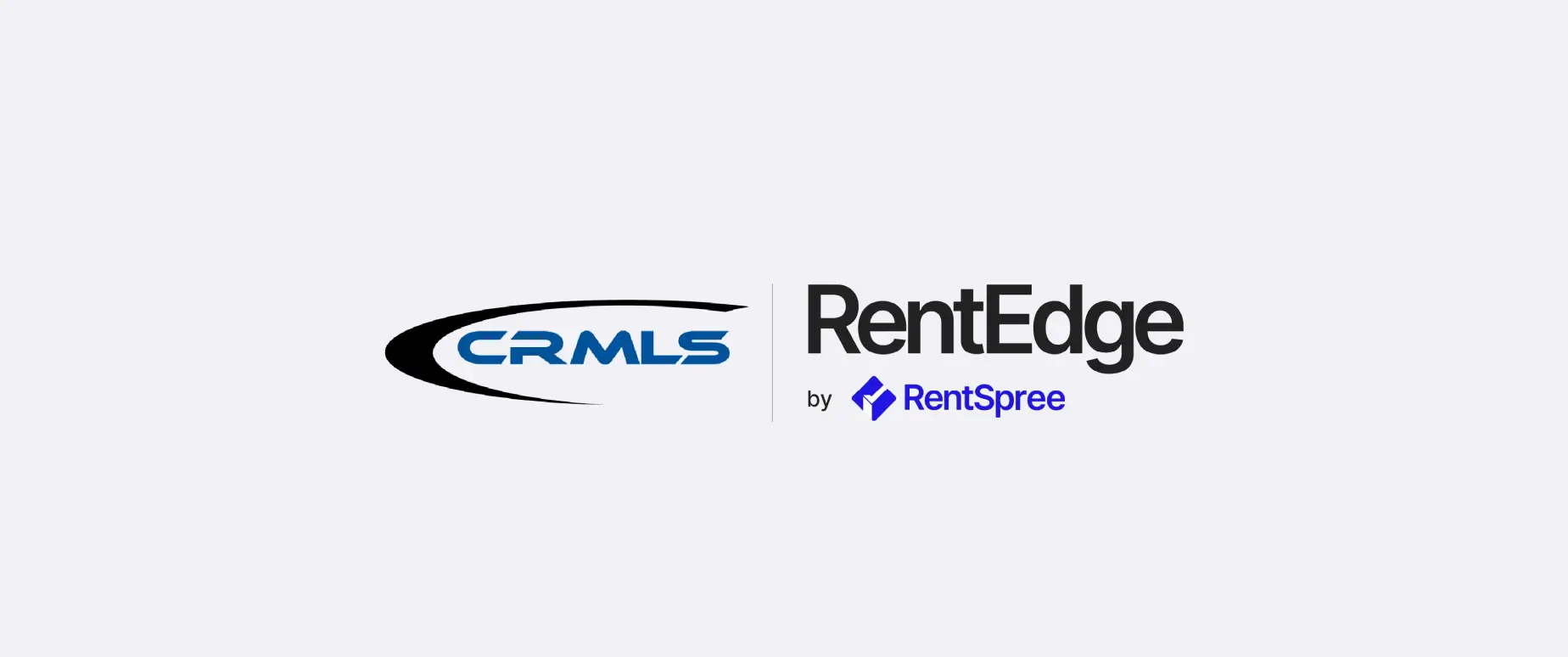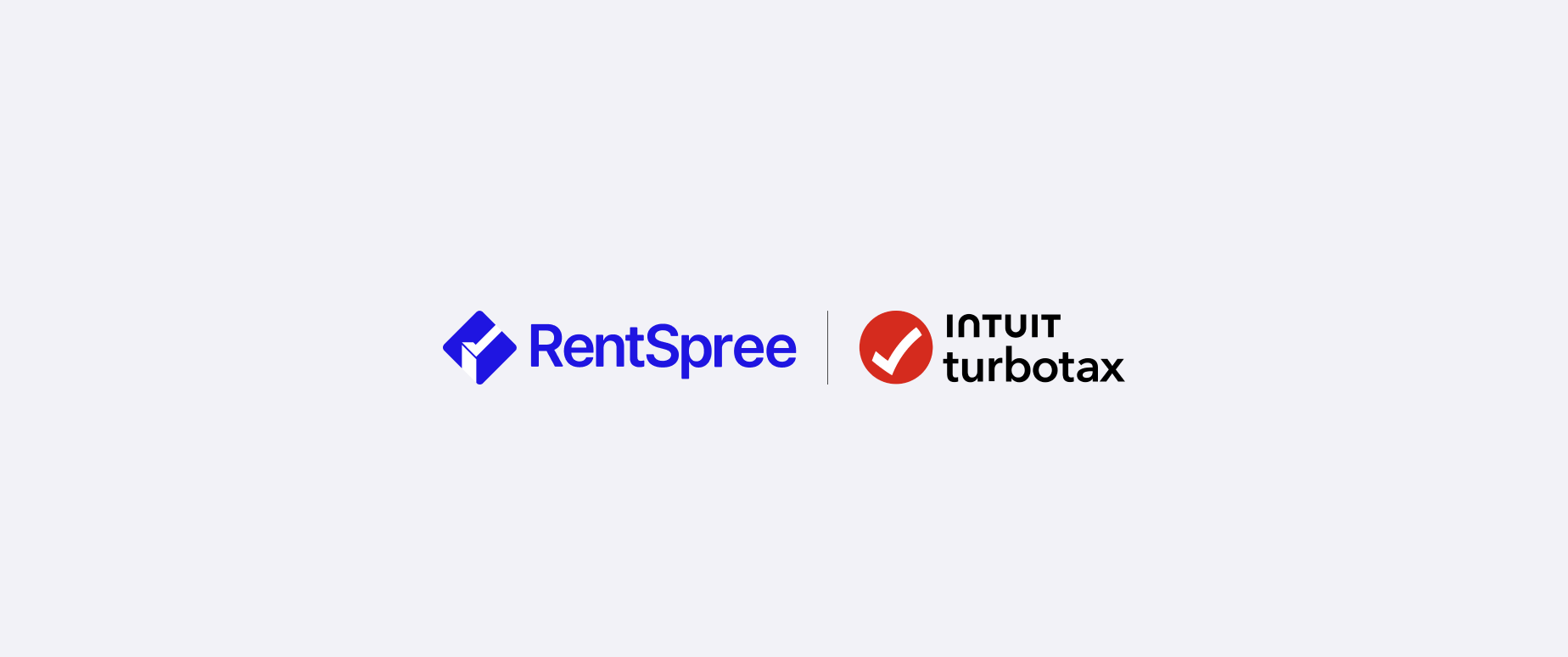The real estate market has undoubtedly experienced some seismic shifts during the pandemic. One of those sectors impacted is the rental market.
At the 2021 RESO Retreat, RentSpree CEO Michael Lucarelli hosted a panel with industry leaders in the Multiple Listing Service space. On the panel was:
- Greg Manship of Palm Beaches & St. Lucie Realtors®
- Monica Solis Peña of Greater McAllen Association of REALTORS®
- Sara Fogg of New England Real Estate Network MLS
- DaVina Lara of Bridge MLS
The discussion covered ground in many areas diving into the challenges each panelist was currently facing and their opinions on real estate trends. The panelist represented Southern Florida, Southern Texas, New England, and Northern California. Naturally, rentals were top of mind with the burning question proposed by Lucarelli, "What's going on with your markets right now with rentals?"
The Impact of Less Inventory in Real Estate
Throughout 2020 and 2021, real estate professionals sounded the alarm that there was a shortage of properties in the market. This low inventory couldn't meet the high demand, causing a ripple effect and impacting the price of homes across the U.S.
Since 2007, developers have under-built in real estate, according to research by Zillow. Pairing this with the labor shortages caused by the pandemic has resulted in a perfect storm. All these events exacerbated this lack of inventory.
Greg Manship, noted the South Florida market is hot. The MLS noticed a demand and inventory imbalance in the South Florida area through the pandemic with properties for sale being relatively low. Thus, resulting in people that historically looked for single-family homes are now looking at condos. This situation caused buyers who are usually interested in purchasing condos or homes to now look for places to rent.
The current real estate market has essentially shifted buyers out, and people don't want to settle on a home. As a result, more people are renting until they find something that permanently meets their needs. The Palm Beaches & St. Lucie rental market also shot through the roof, alongside the for-sale market.
Rent Prices are Substantially Increasing
DaVina Lara noticed in the Bay Area rental market, apartments occupancy and rates actually dived in 2020. Now in 2021, rentals are increasing by about 5% to 10%. While the market is rebounding, it's contingent on an overall property development. This observation is in line with research from Apartment List, noting in 2021, overall U.S. median rent increased by 11.4%.
Analysts estimate that rent increases are due to several reasons, such as the nature of the job market and people moving back to cities in 2021. According to Zillow, Americans are spending around 30% of their income on rent.
Lara notes that there are many rentals in Northern California because of the housing market. She concludes her commentary by reassuring that the inventory is low in Northern California like the rest of the U.S., but the market is still bustling.
The Effect of the Eviction Moratorium
Monica Peña mentioned that the eviction moratorium really put a damper on rentals leading to a reduction in availability. That killed the viability of the renter in the eyes of many professionals in the real estate industry. However, like other MLSs, the market is starting to pick up in the last couple of months.
It's a double-edged sword. While the moratorium helps people, it also dramatically affects landlords because they still have to pay upkeep and other expenses for their properties.
The eviction moratorium has had severe repercussions for landlords. According to CNBC, over 6 million renters are behind on payments. This situation has caused numerous landlords to miss mortgage payments and are unable to make repairs to their properties.
How Competition Inflates the Renter Market
Because the market is so aggressive, it's pushed buyers into becoming renters. Sarah Fogg stated the New England market is still vibrant, and there are still competitive offers occurring. However, this circumstance is leading to an over-pricing of rentals. Frankly, there are not many units available right now. The lack of inventory is causing apartments to skyrocket in price, becoming too expensive for some people.
With a high demand for rentals that means property managers have the leverage to ask for more in rent. This is great for landlords and agents in terms of commission rates.
Simplify your rental process today
Find your next tenant in just a few clicks with RentSpree.


Related posts
Want to make rentals easier to manage?
Save time on marketing, screening, and payments. Join over 2 million agents, landlords, and renters using RentSpree.






